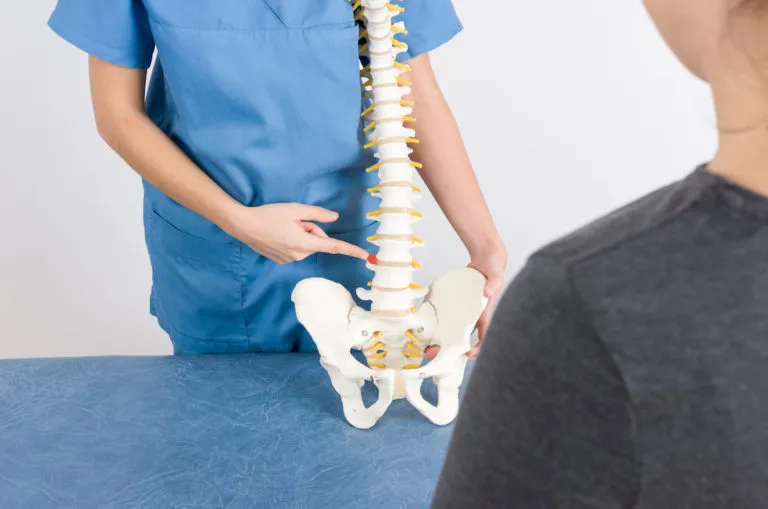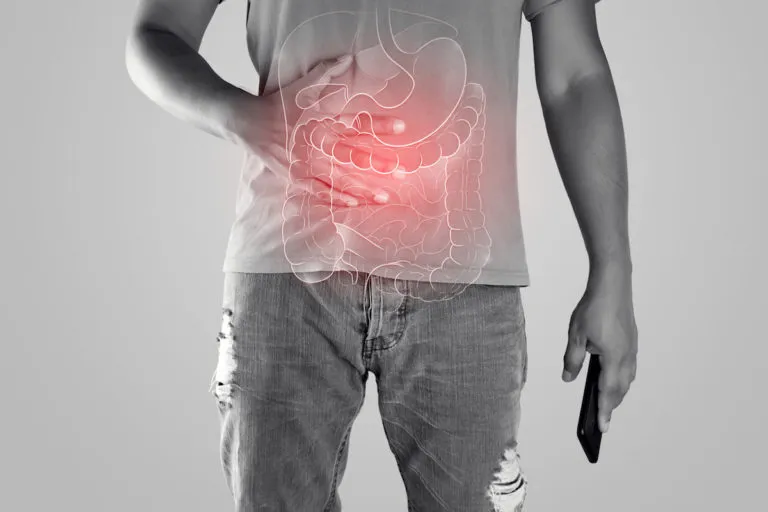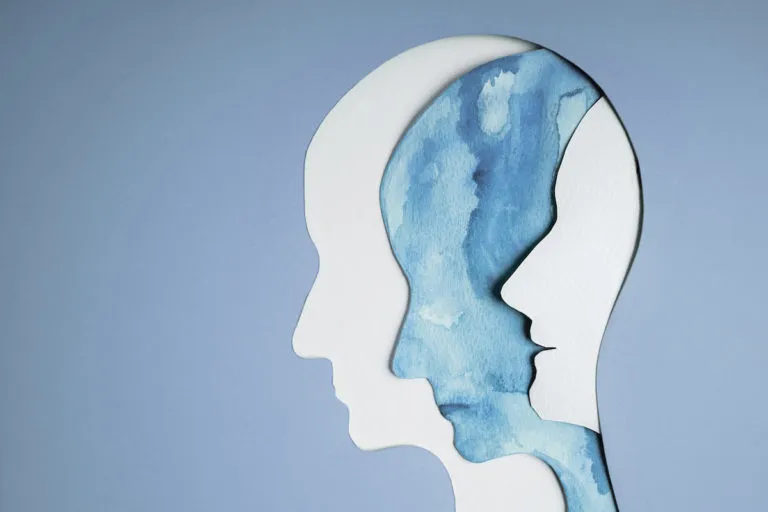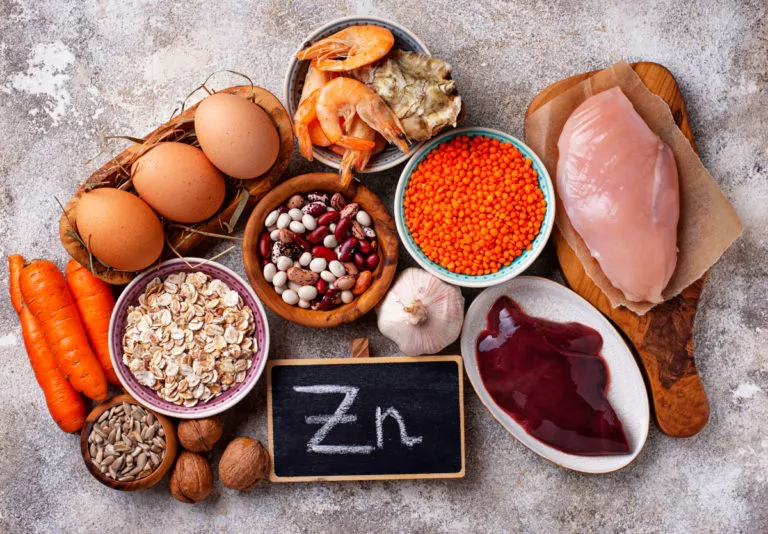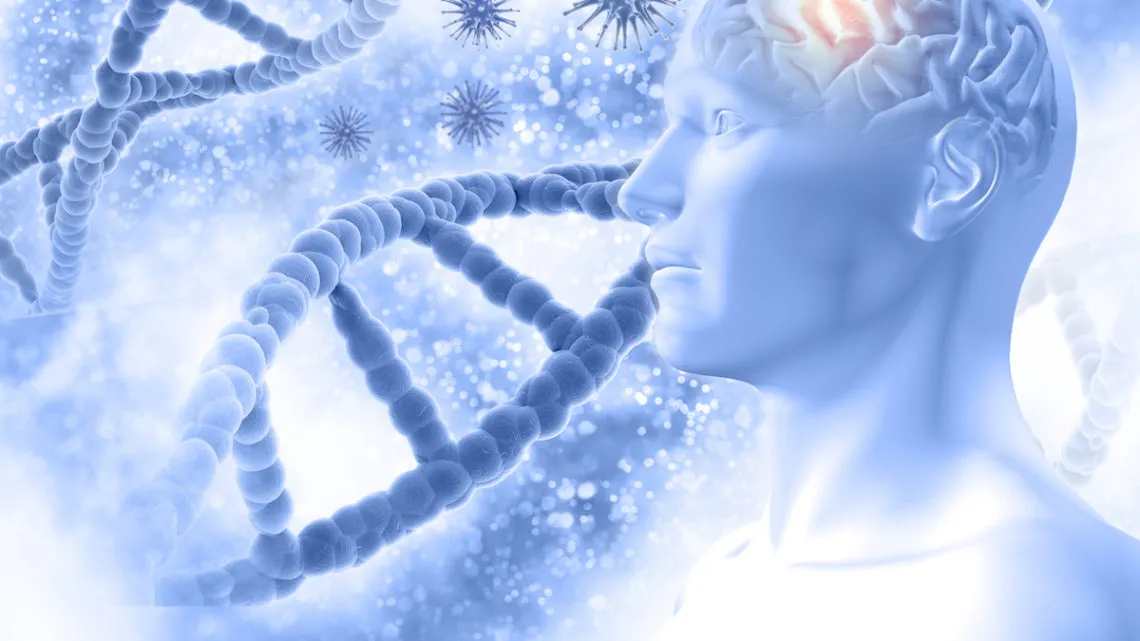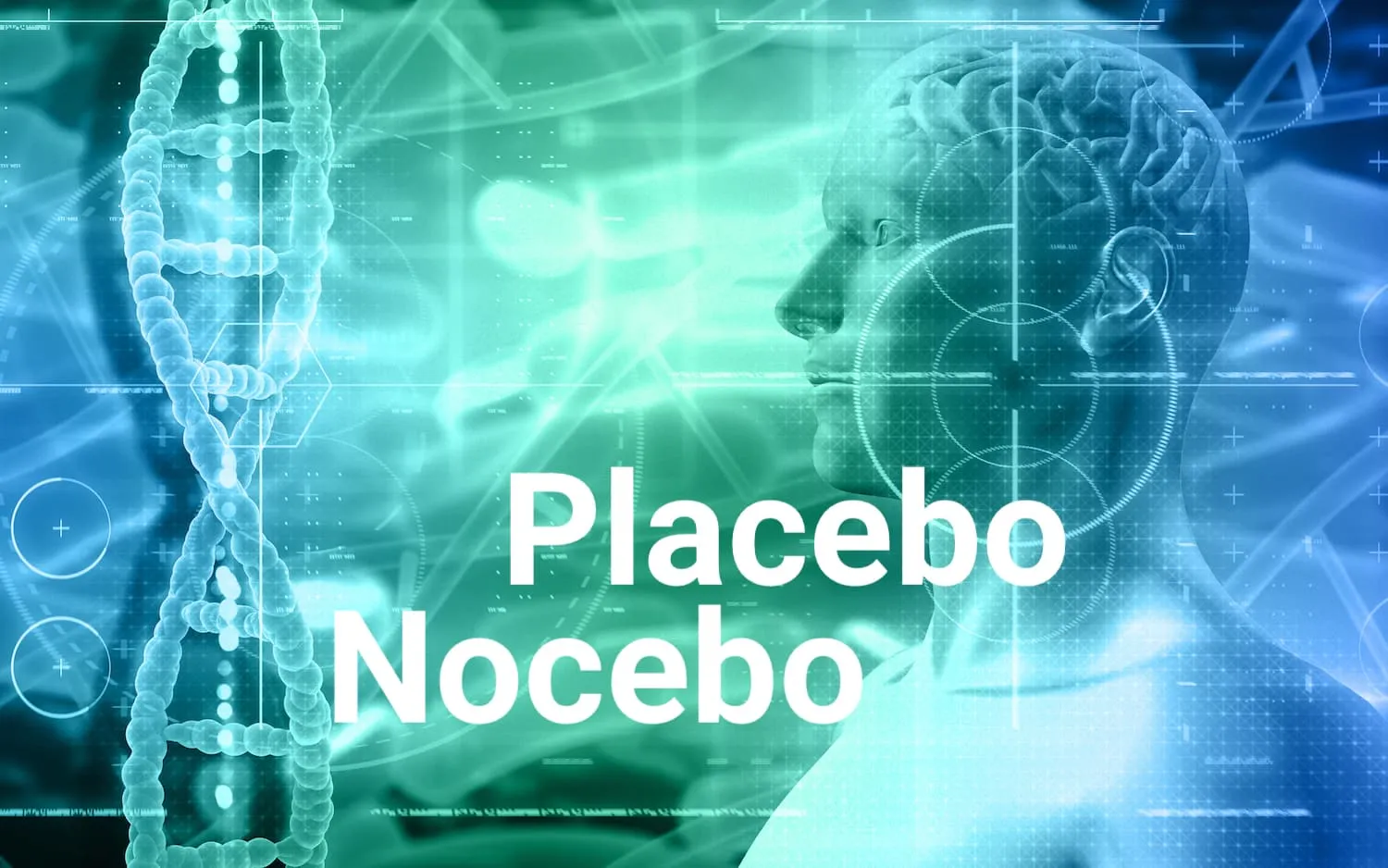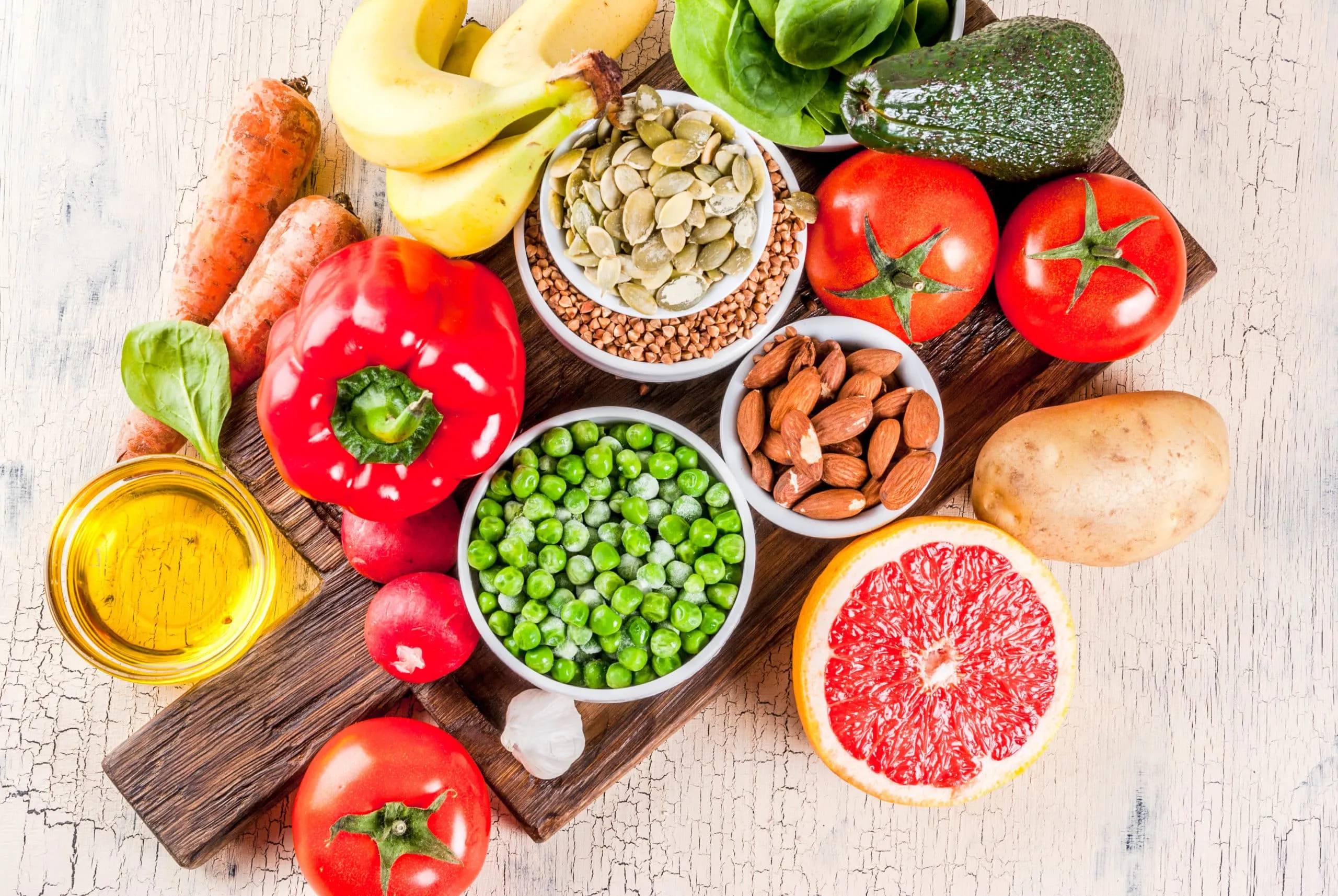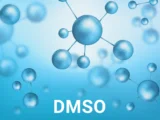Updated on 14. November 2021 from ÁYIO-Q Redaktion
Reading time: approx. 4 minutes
Our psyche (mind) influences the body’s own defences. This finding of psychoneuroimmunology is still too little taken into account by doctors and patients. In the following article, we address the psychological aspects of flu and colds. The considerations on disease-causing viruses naturally also apply to all other communicable diseases.
What are viruses from the point of view of quantum medicine?
Quantum medicine considers a virus to be an inanimate, crystalline structure that vibrates harmoniously at a precisely defined frequency. In other words, viruses – similar to a laser – emit coherent electromagnetic fields, which are also called information fields. In healthy people, a viral information field cannot integrate into the body’s own quantum field because all frequencies are occupied.
It is best to think of it as a full orchestra with no room for another violinist or wind player. Cold and flu viruses only nest in the human organism when there is a corresponding gap in frequency or information. In the orchestra example, a violinist drops out due to illness so that a new violinist can join the ensemble.
Disturbances in the quantum field can be observed especially with chronic stress and a cooling of the body temperature to 36.5 °C and below. As a result, frequency ranges open up to disease-causing viruses, which then easily infect the body.1
Our immune response depends on our inner attitude
Belief and expectation determine how the organism reacts to viruses and other external stimuli. This finding is not new. For many years, physicians have known this phenomenon under the terms placebo and nocebo effect.2
Drinking green coloured milk with an aroma of lavender and strawberry activates the immune system. Doctors at the University Hospital Essen came to this conclusion through a study in 2019. Although the dyes and flavours in the milk were harmless, the idea of drinking something poisonous green with a strange taste called up the immune system in all participants.3
Scientists from Harvard University and the Catholic University of Milan investigated the connection between the human psyche and cold symptoms during the winter season. The result of the study: the expectation of coming down with flu-like symptoms increased the likelihood of the occurrence of these complaints in the test persons.4
Conversely, a positive attitude and belief in one’s self-healing powers ensure that one is protected from colds.
Stress and anxiety entail epigenetic changes
Stress and anxiety play a significant role in the development of flu and the tendency to recurrent colds. The two are often related: Both acute and chronic stress can trigger anxiety disorders. Indian scientists at the University of Delhi are convinced: Continuous stress weakens our immune system.5
The reason for this lies in so-called epigenetic changes. The term epigenetics is used by biologists to describe mechanisms in heredity that are not based on mutations in our genetic material (DNA). These include all factors that control the activity of genes. The best-known example is the biochemical change (methylation) of certain DNA bases with the result that the affected gene becomes inactive.
In a study of 1522 adults with anxiety disorders, scientists found a 50% increase in the methylation of the “anxiety gene” (ASB1). ASB1 performs important tasks in the nervous and immune systems. In simple terms, anxiety suppresses essential functions of the body’s defence.6
Flu and cold season: How to get yourself mentally fit
Above all, it is important not to constantly draw attention to potential pathogens. Fearful thoughts such as “Oh dear, there’s that awful flu virus circulating again; I hope I’ll be spared, because at my age it can be dangerous” will resonate with the flu virus and open the door to infection.
If you are not afraid of viruses and are convinced that your immune system protects you, you will not fall ill so easily. In addition, you should protect the face as well as your neck and chest area from hypothermia (cold wind or a low ambient temperature).
In light of the COVID-19 pandemic, psychiatrist Professor Dr Ravi Philip Rajkumar points out the huge importance of reducing stress and treating anxiety disorders. This is because it reduces the risk of viral respiratory diseases.7
Related articles: Cold and flu
- Colds and flu – cause, treatment and complications.
- Cold and flu – Vitamins, minerals and probiotics boost defences.
Sources:
[1] Köhler B. Mistakes are there to be learned from. CO.med June 2020.
[2] Nocebo and placebo effect: the enormous power of the human mind, at https://www.ayio-q.com, Access date 25.08.2021
[3] How the psyche affects the immune system, at https://www.apotheken-umschau.de, Access date 25.08.2021
[4] Pagnini F et al. Illness expectations predict the development of influenza-like symptoms over the winter season. Complement Ther Med. 2020 May;50:102396.
[5] Ray A et al. Stress, Anxiety, and Immunomodulation: A Pharmacological Analysis. Vitam Horm. 2017;103:1-25.
[6] Anxiety affects immune system, at https://www.psych.mpg.de, Access date 25.08.2021
[7] Rajkumar RP. Ayurveda and COVID-19: Where psychoneuroimmunology and the meaning response meet. Brain Behav Immun. 2020 Jul;87:8-9.
